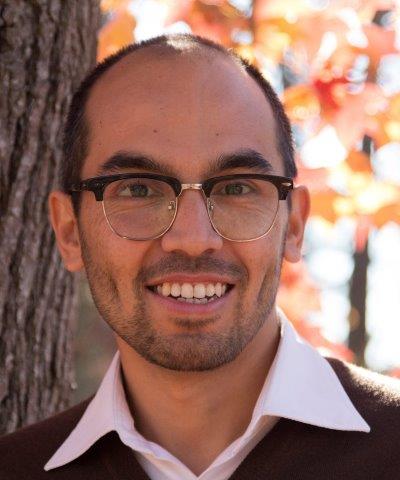Class 16 (2017-2019)

Sajjad Hussain, Pakistan
University of North Carolina at Chapel Hill – Global Studies
Human Rights | Migration | Extremism | Education | Community
Sajjad was born in Quetta, Balochistan, the southwestern province of Pakistan which borders Afghanistan and Iran. Balochistan has been home to low-level Baloch insurgency and increasing sectarian violence. In the face of genocidal violence against Shia Hazaras, Sajjad stepped up as a voice of resistance. The Hazara community has been cited as a community whose nonviolent protests have appealed to the conscience of the larger Pakistani masses. Sajjad is one of the few members who served as informal representatives, bridging his community and the larger Pakistani intelligentsia, activists and journalists. Academic institutions have invited him to give talks on issues concerning human rights, religious extremism, and the political crisis in Balochistan.
As a graduate of the University of Engineering & Technology Lahore, with a degree in Electrical Engineering, the situation in Balochistan motivated him to study Peace and Conflict Resolution (PCS) at the National Defence University, Islamabad. His online and offline activism has been acknowledged by civil society organizations in Pakistan and abroad. Since April 2013, he is proudly associated with Alif Ailaan, a campaign for education reforms in Pakistan. Sajjad is also a member of the Swedish Institute (SI) alumni of its Young Connectors of Future (YCF), a leadership program for emerging leaders from South Asia.
As a Rotary Peace Fellow, he plans to embark on an academic journey to study Global Studies at the University of North Carolina at Chapel Hill. He is eternally grateful to the Ummat Educational & Cultural Center, Quetta where he met his first mentors, that inspired him with the passion for volunteerism and community work, which he vows to continue lifelong. Through the knowledge and skills gained at UNC, he wants to join the cohort of moderators and global activists who are facilitating socio-political conversations between communities and societies often described as ‘incompatible’.
Applied Field Experience
Institute of Policy Studies, Washington, DC